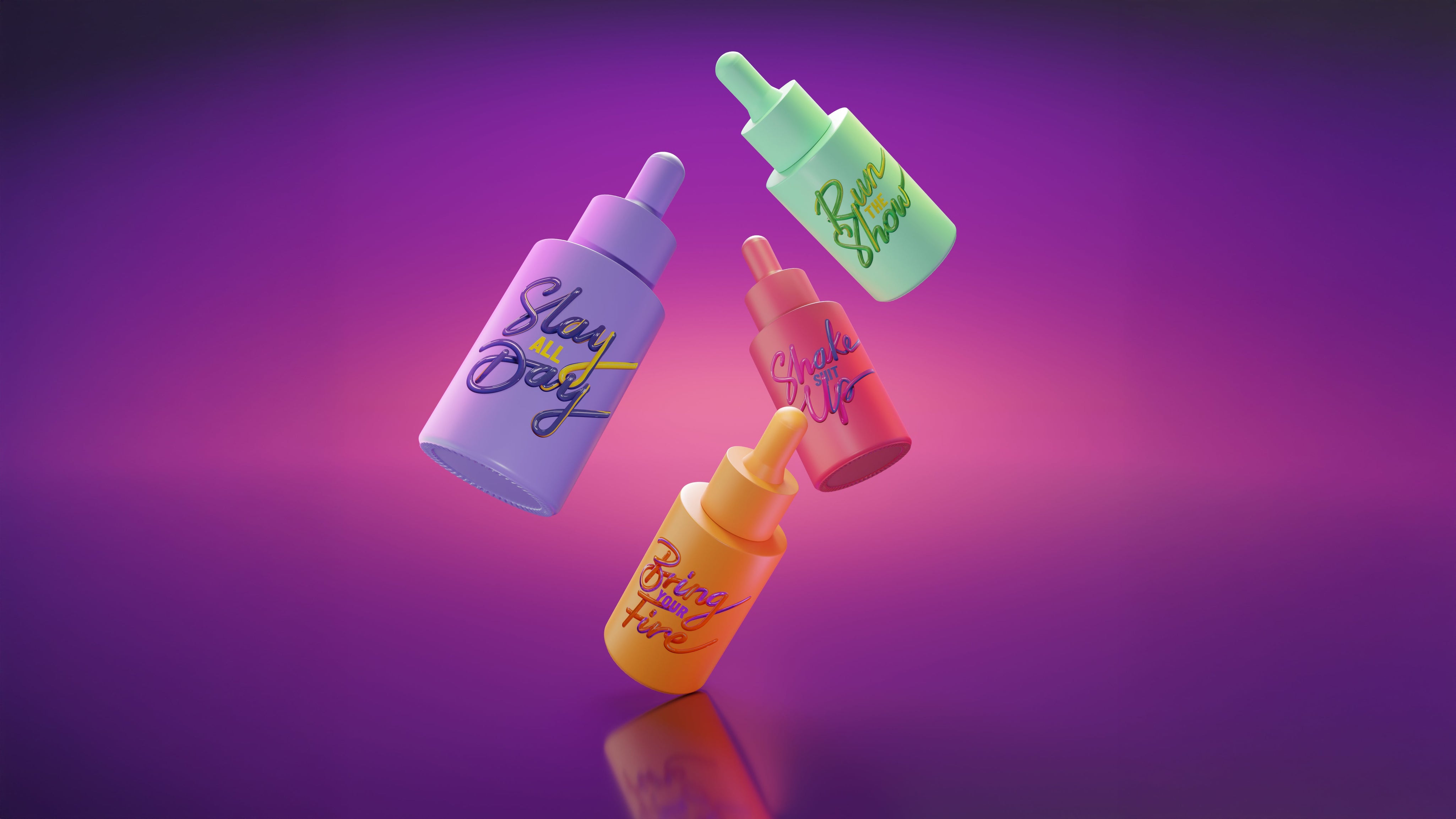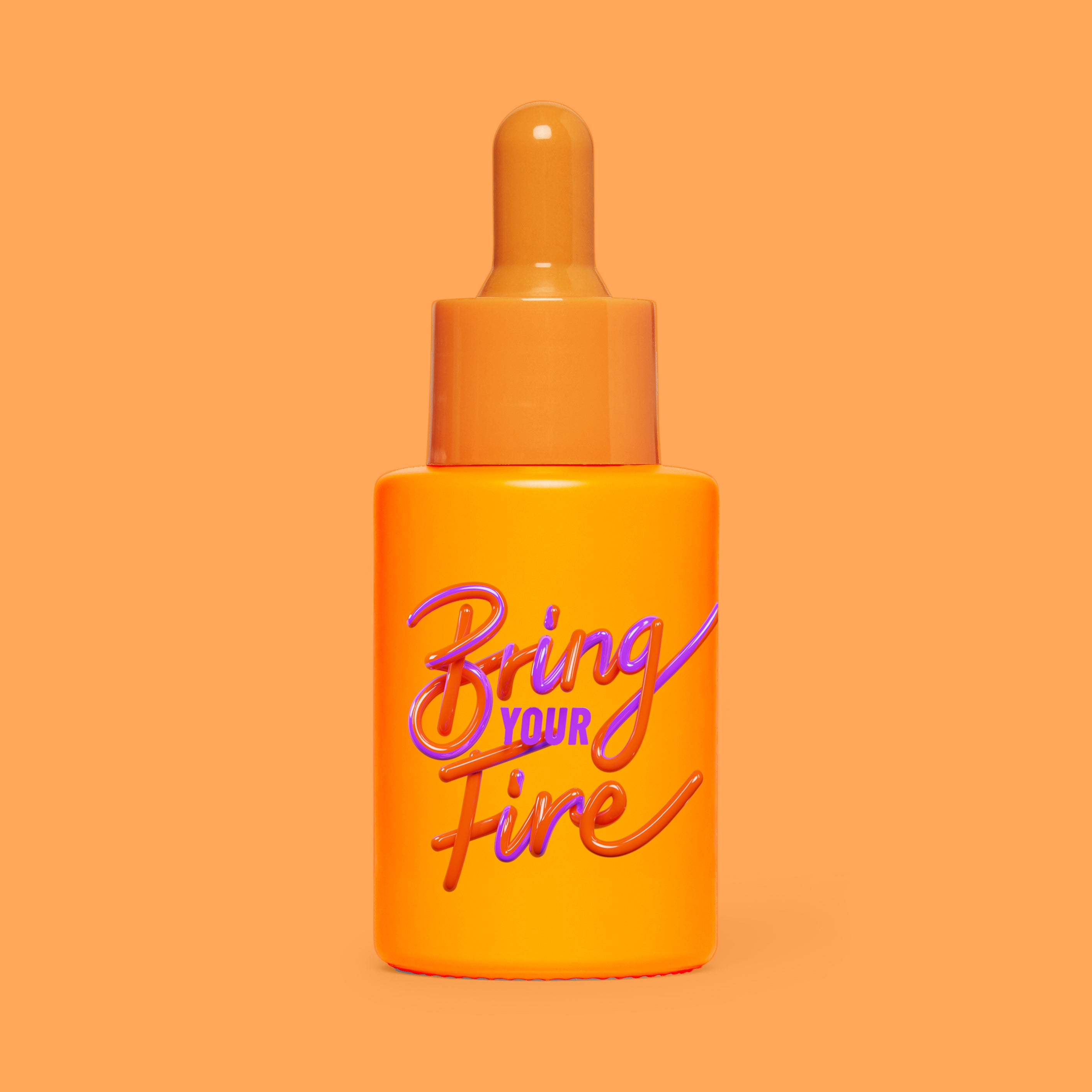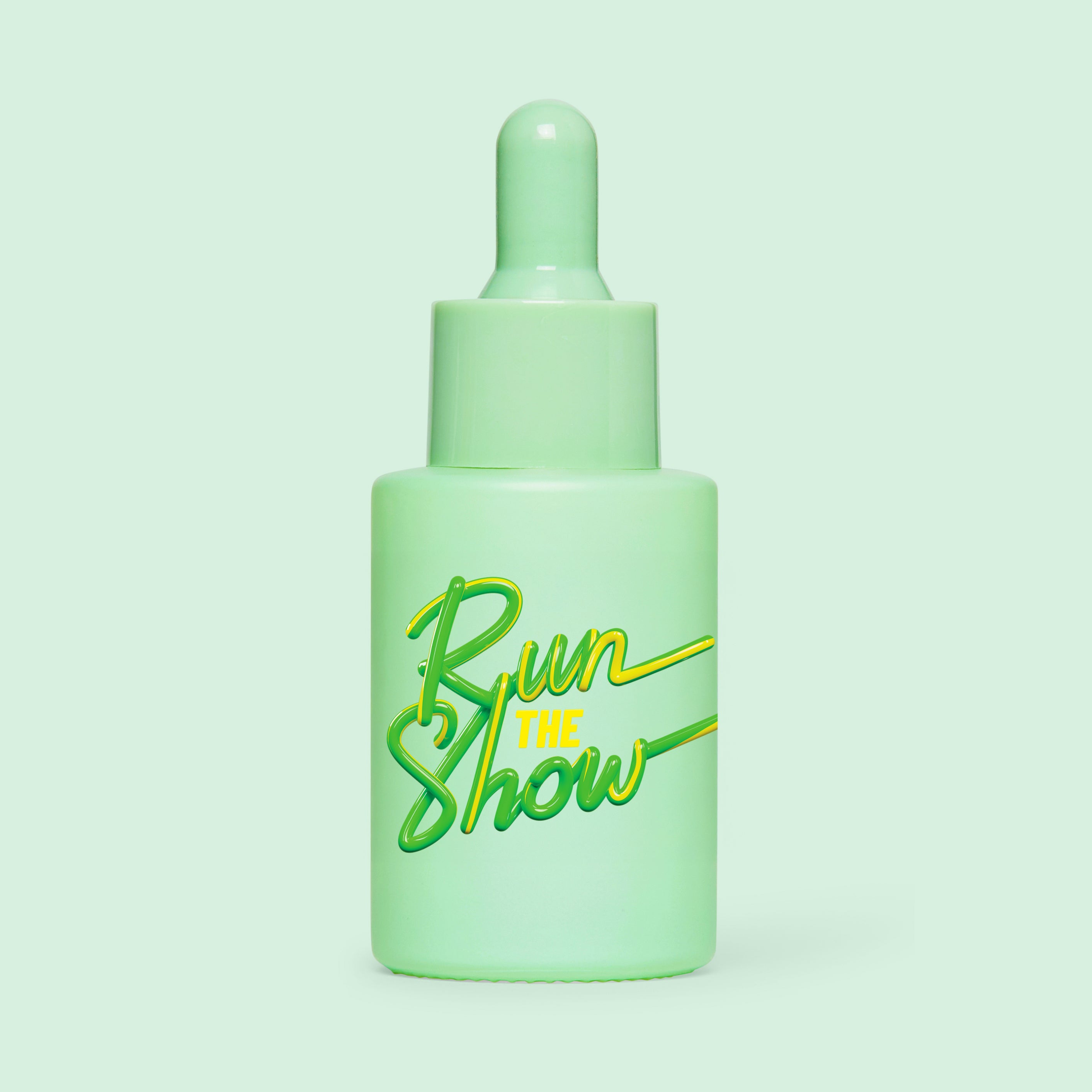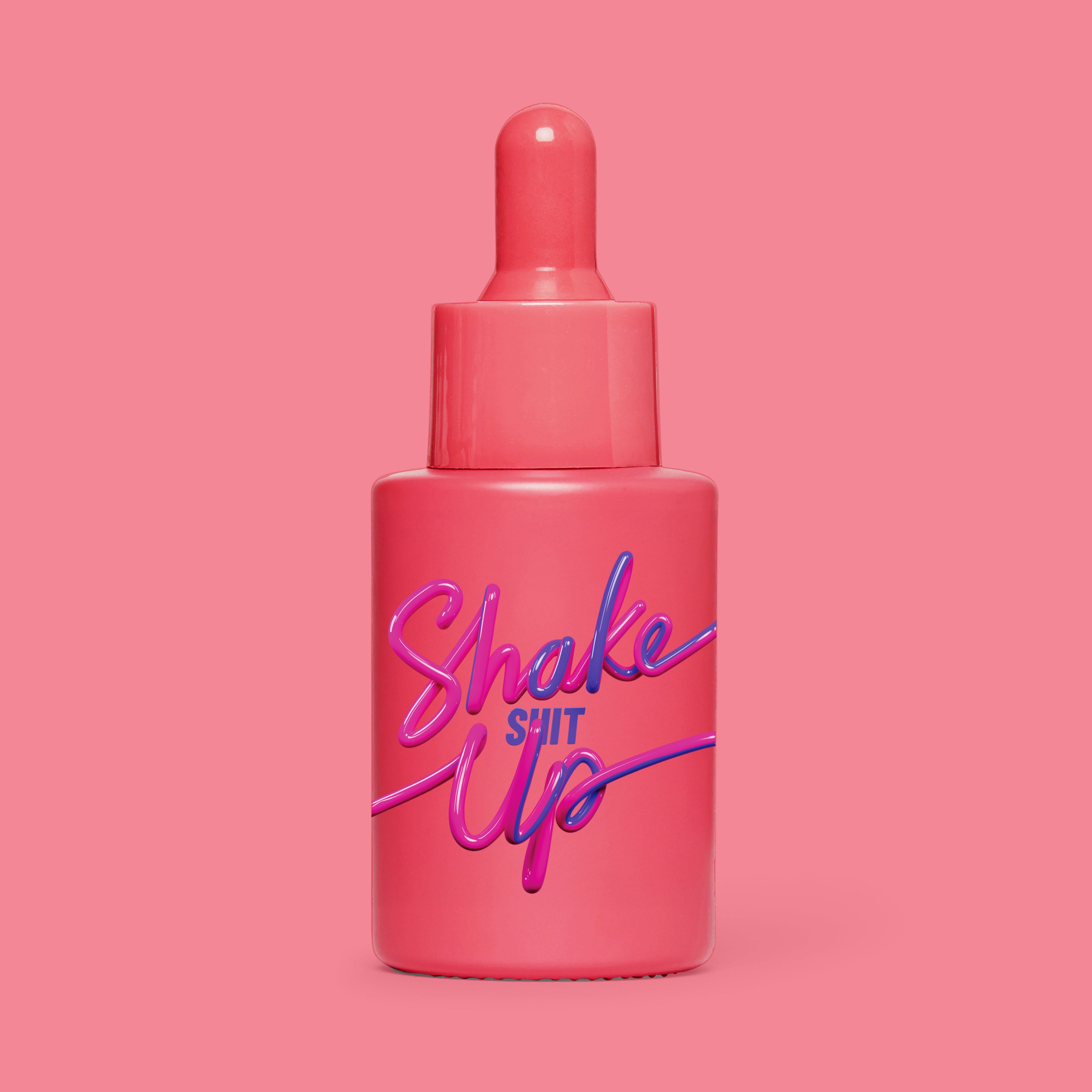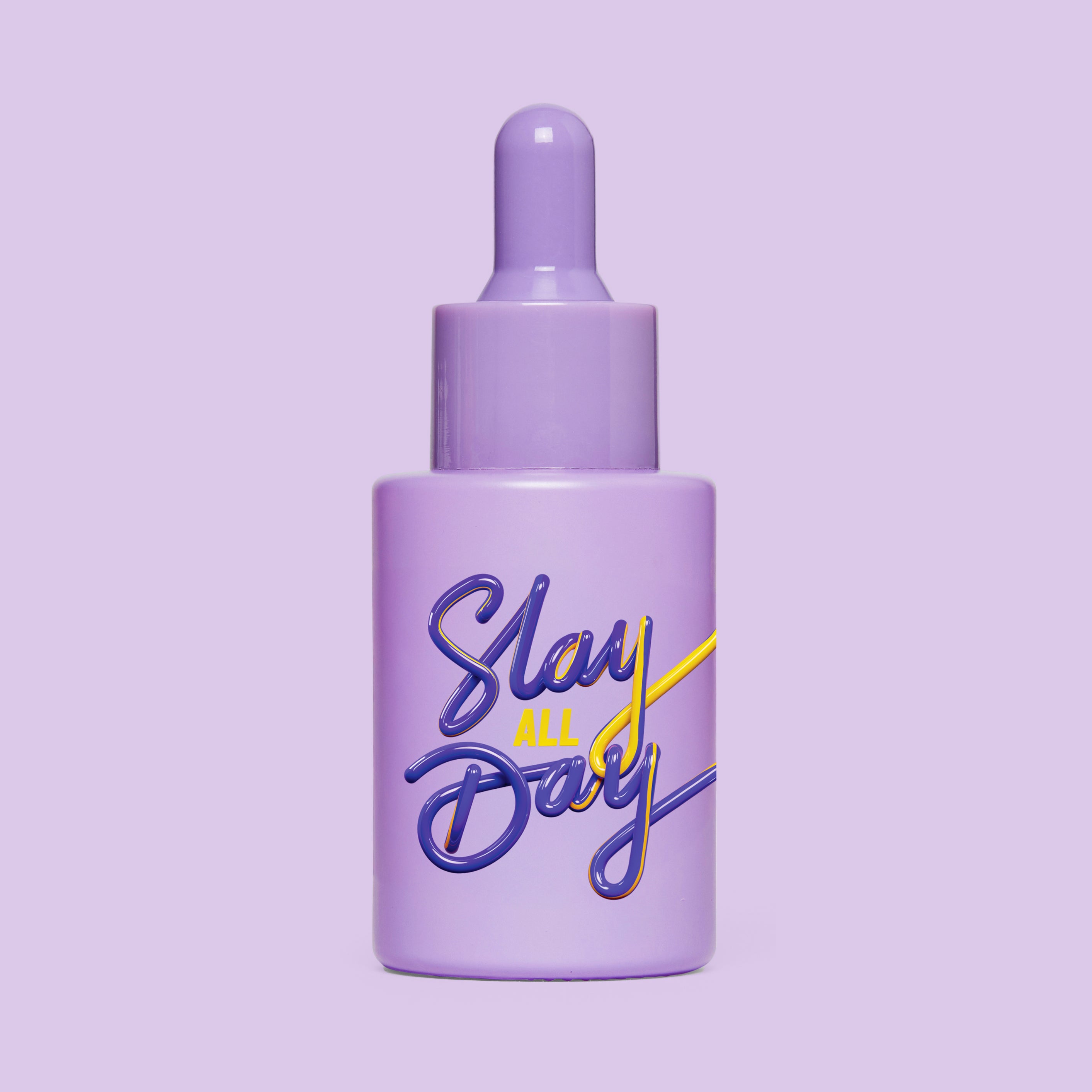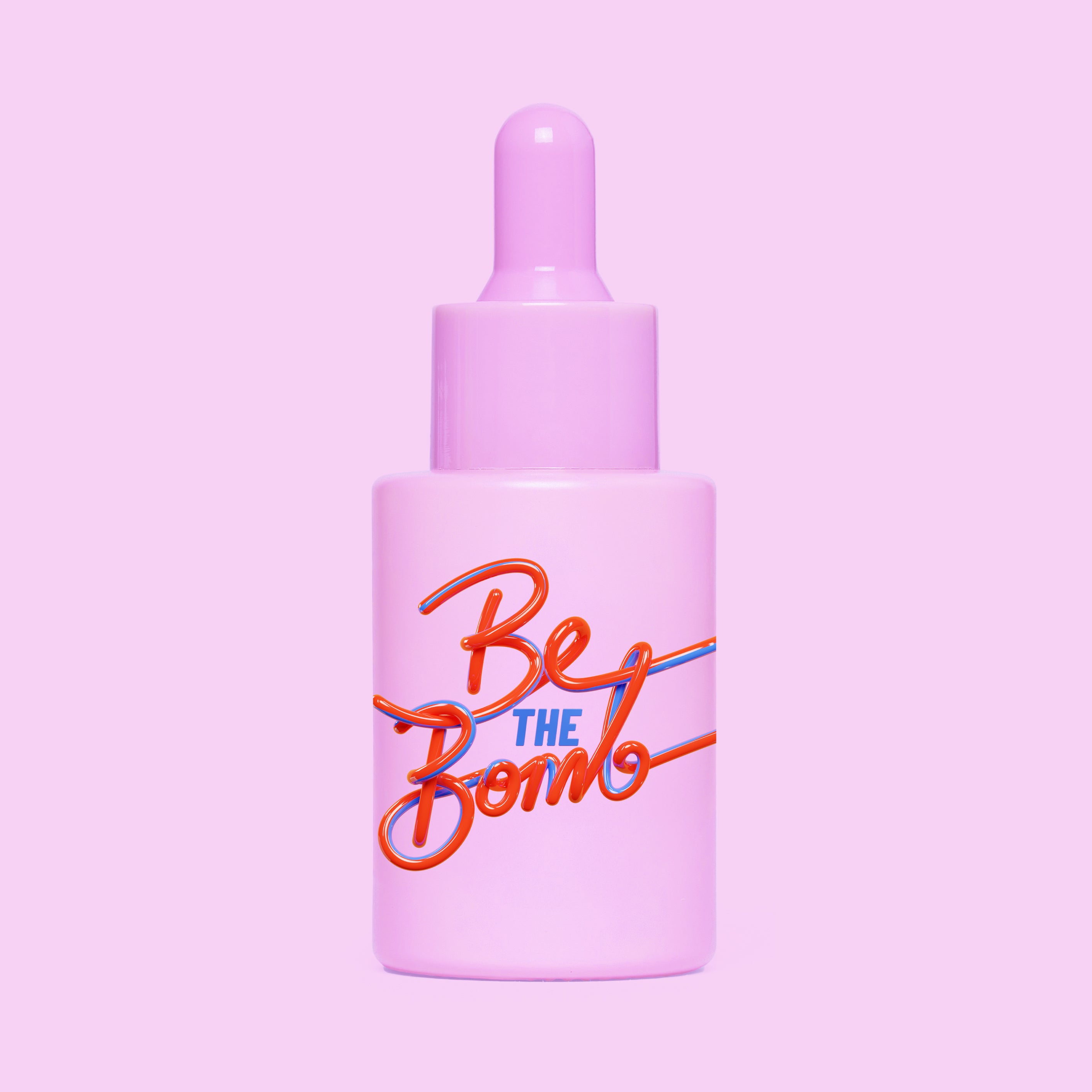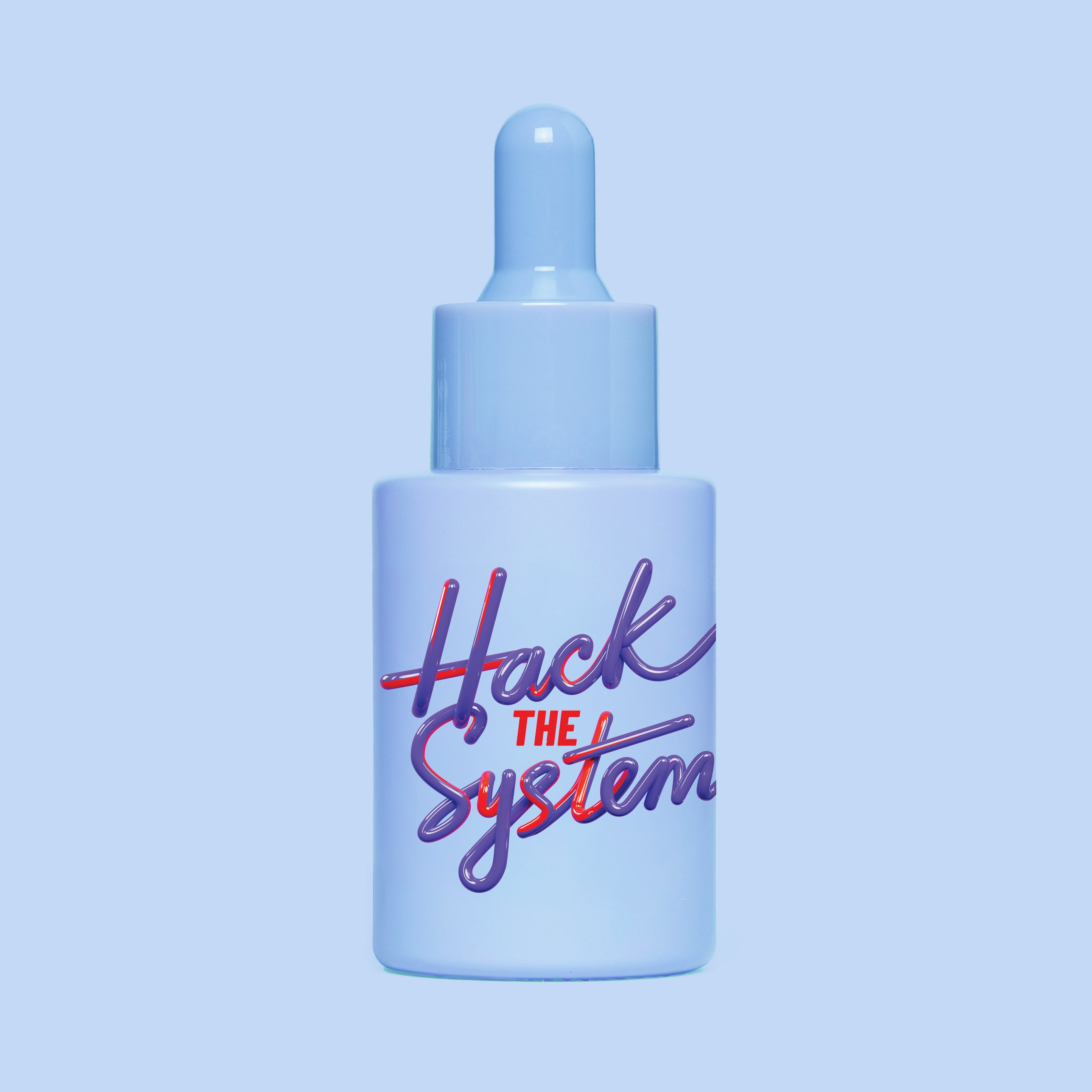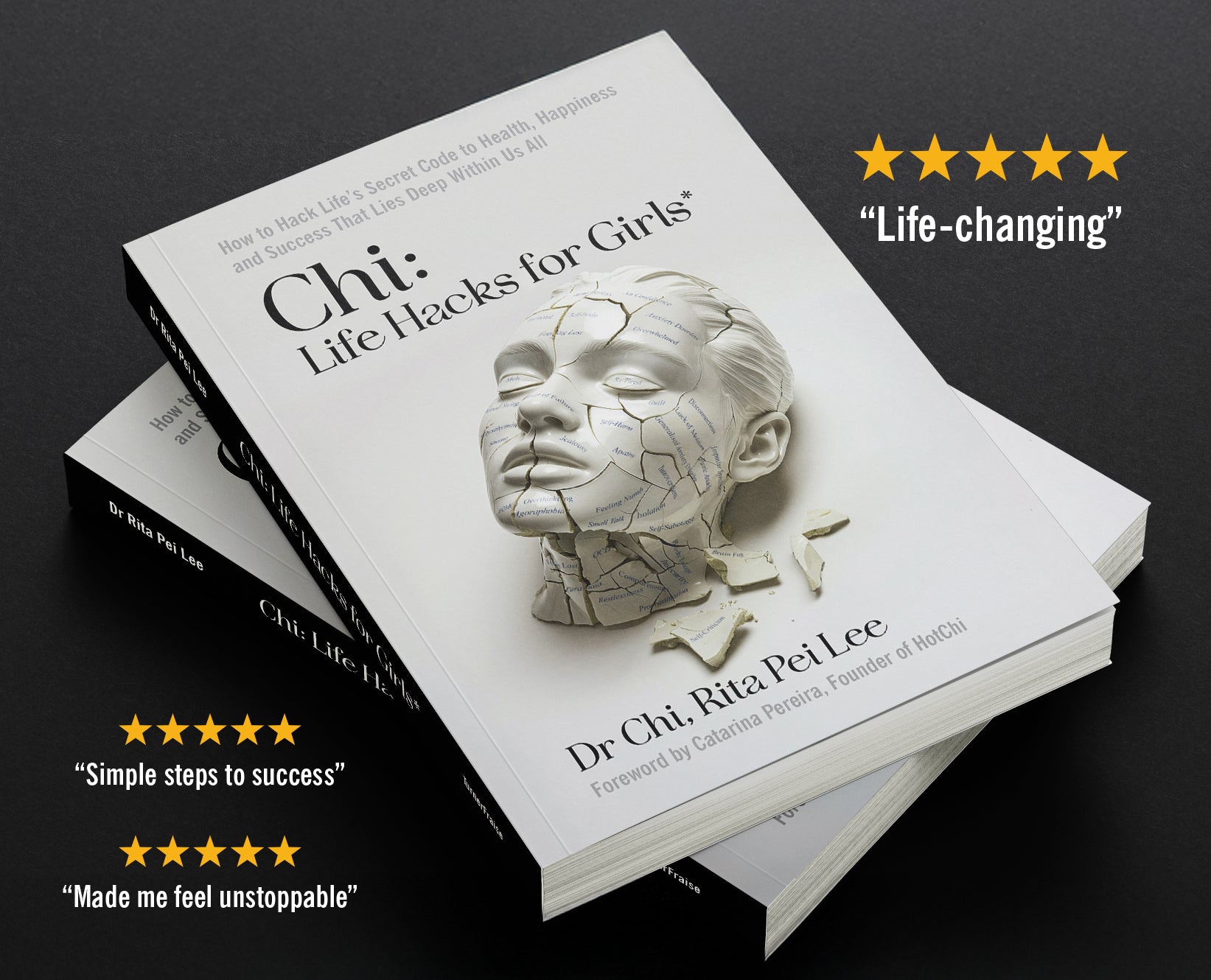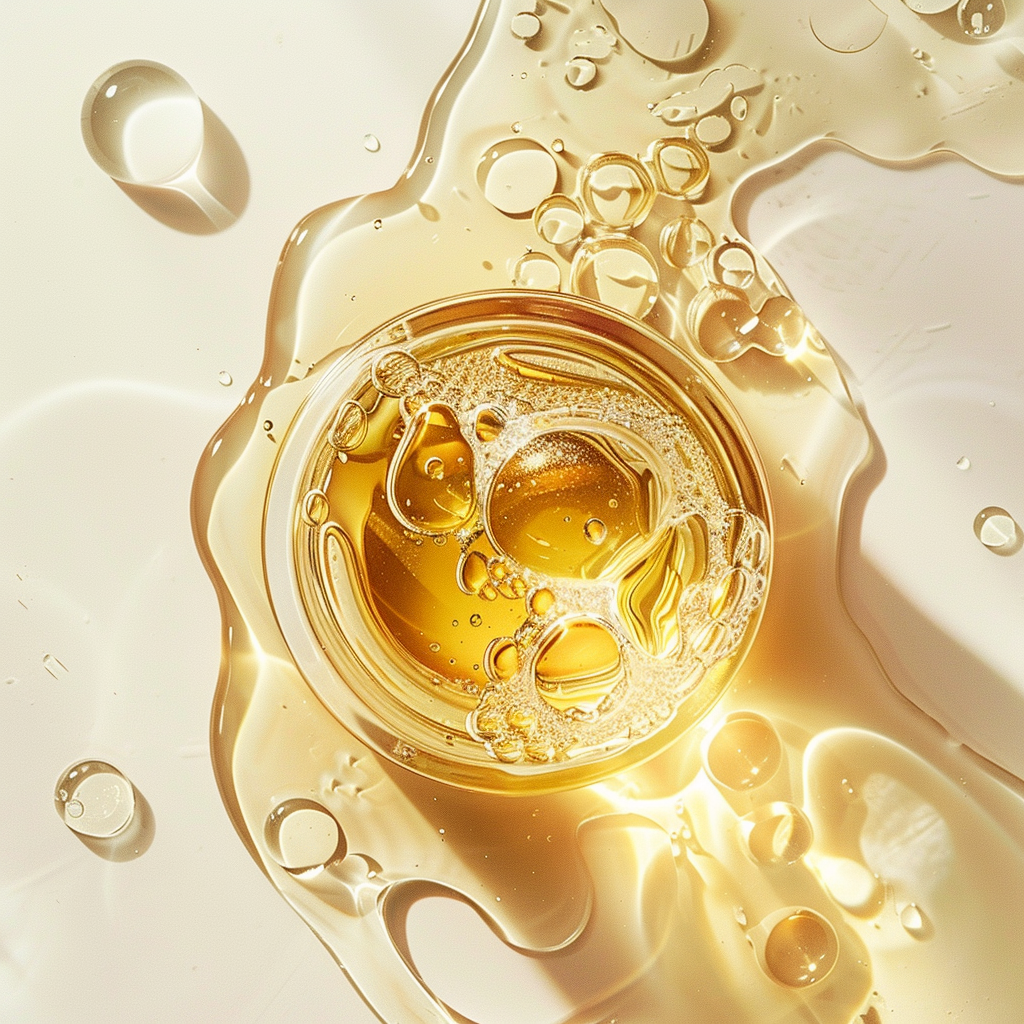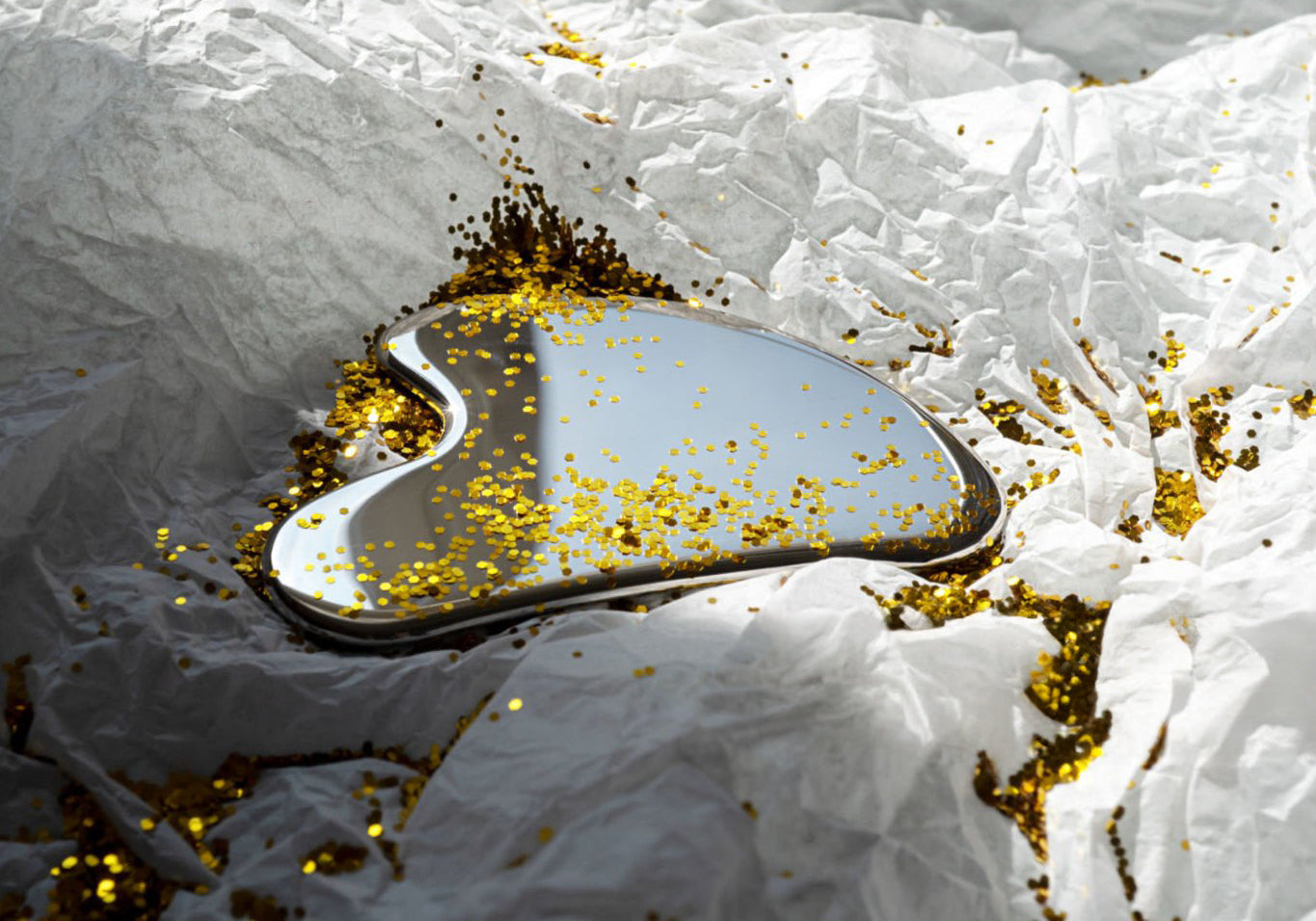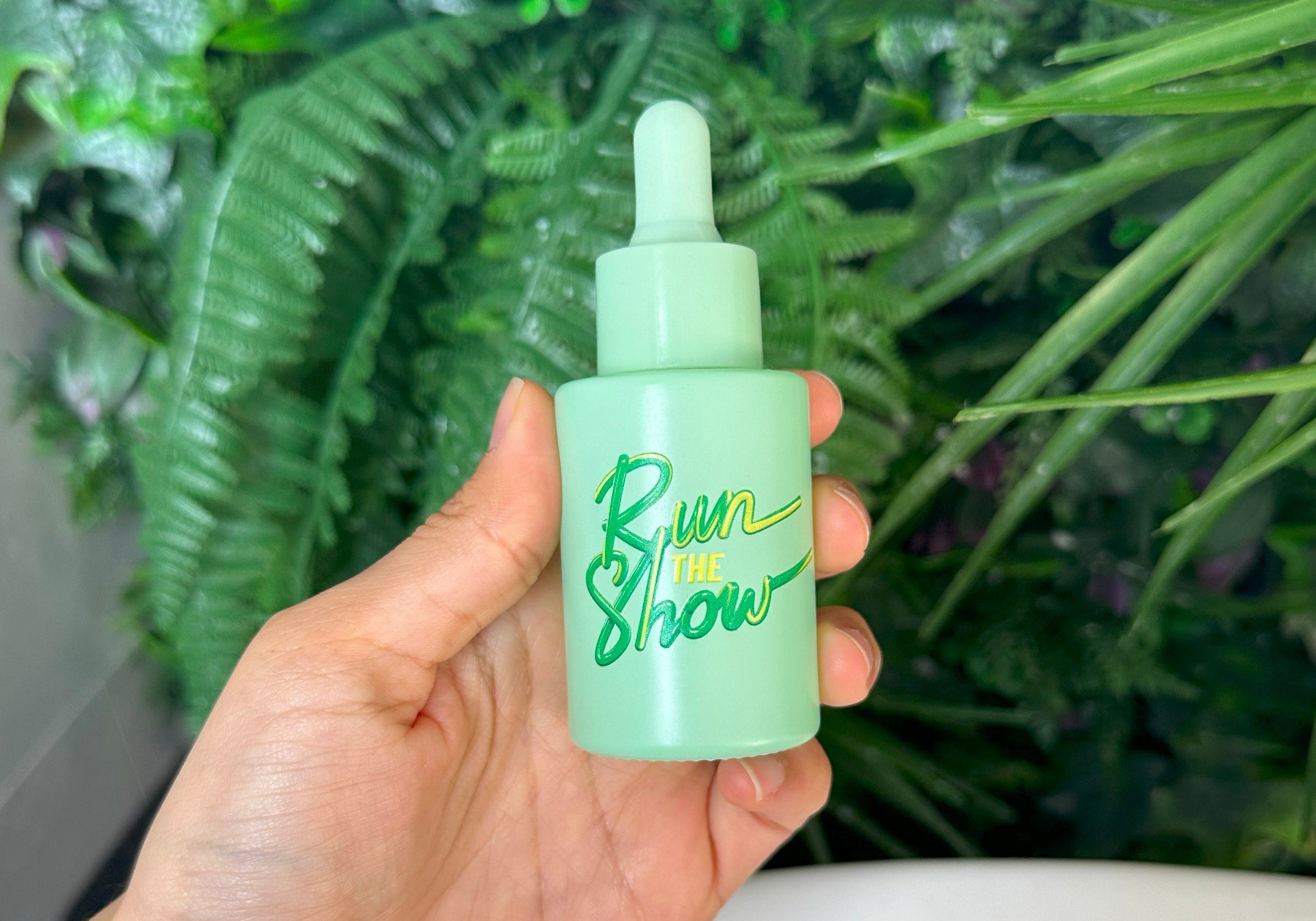| In this article:
Questions: |
In the realm of skincare, the debate between facial oils and moisturizers has long been a topic of discussion. Each product offers its unique benefits and plays a crucial role in maintaining skin health and hydration. However, understanding the differences between facial oils and moisturizers is essential for crafting an effective skincare routine tailored to your skin's needs.
1. Composition:
- Facial Oils: Facial oils are predominantly oil-based formulations, containing a higher concentration of natural oils such as argan, jojoba, or avocado oil. These oils are rich in essential fatty acids, antioxidants, and vitamins, providing deep hydration and nourishment to the skin.
- Moisturizers: Moisturizers typically consist of a combination of water and oil, often formulated with humectants (like hyaluronic acid or glycerin) to attract moisture to the skin and occlusives (such as petrolatum or dimethicone) to seal in hydration. They may also contain emollients to soften and smooth the skin's surface.
2. Hydration Levels:
- Facial Oils: Facial oils penetrate deeply into the skin, delivering intense hydration to the underlying layers. They help replenish the skin's natural lipid barrier, preventing moisture loss and improving skin texture and suppleness.
- Moisturizers: Moisturizers primarily hydrate the skin's surface, forming a protective barrier to lock in moisture and prevent transepidermal water loss. They provide immediate hydration and can temporarily plump up the skin's outermost layer.
3. Texture:
- Facial Oils: Facial oils have a lightweight, non-greasy texture that absorbs quickly into the skin, leaving behind a silky, smooth finish. They feel luxurious and provide long-lasting hydration without feeling heavy or sticky.
- Moisturizers: Moisturizers come in various textures, ranging from lightweight lotions to rich creams. They may have a thicker consistency and take longer to absorb into the skin, leaving a slightly occlusive or emollient residue.
4. Skin Types:
- Facial Oils: Facial oils are suitable for all skin types, including dry, sensitive, oily, and combination skin. They can be customized to address specific skincare concerns, such as dryness, dehydration, or signs of aging.
- Moisturizers: Moisturizers are formulated for specific skin types or concerns. There are moisturizers tailored for dry skin, sensitive skin, oily skin, and combination skin, each offering targeted ingredients to address individual needs.
5. Additional Benefits:
- Facial Oils: Facial oils not only provide hydration but also offer additional benefits such as antioxidant protection, anti-inflammatory properties, and skin barrier repair. They can help soothe irritation, reduce redness, and promote overall skin health.
- Moisturizers: Moisturizers may contain added ingredients such as sunscreen (for daytime use), anti-aging compounds (like retinol or peptides), or targeted treatments (such as acne-fighting ingredients or skin brighteners) to address specific skincare concerns.
Questions
Can you skip moisturizer if you use face oil?
While face oils can be a valuable addition to your skincare routine, it's generally recommended to use them alongside a moisturizer rather than as a replacement. Combining both products ensures your skin receives a balanced dose of hydration and moisture, promoting a healthy and radiant complexion. Moisturizers focus on providing surface hydration and preventing dryness, while face oils excel at locking in moisture and nourishing the skin's surface, making them complementary partners in your skincare regimen.
Is face oil better than moisturizer?
The answer to this question varies depending on your skin type and specific skincare needs. If you have dry or dehydrated skin, moisturizer plays a crucial role in providing surface hydration and preventing discomfort. On the other hand, facial oil can be particularly beneficial for individuals with oily or acne-prone skin, as it helps to balance natural oil production and nourish the skin without clogging pores. While moisturizers target specific skin concerns, such as dryness or aging, facial oils offer versatile benefits suitable for all skin types. Additionally, facial oils are often prized for their natural ingredients and potent hydrating properties, making them a favoured choice for holistic skincare routines.
Can facial oil replace moisturizer?
While face oils can be a valuable addition to your skincare routine, they are not necessarily a direct replacement for moisturizer. It's generally best to use both products to ensure optimal hydration and moisture balance for your skin. While facial oils excel at locking in moisture and nourishing the skin's surface, moisturizers provide essential surface hydration and address specific skin concerns such as dryness or sensitivity. By combining both products, you can create a comprehensive skincare regimen that caters to your skin's unique needs, resulting in a healthy and radiant complexion.
Can face oil penetrate moisturizer?
Yes, facial oils can penetrate moisturizer, but not the other way around. Facial oils are lightweight and easily absorbed into the skin, allowing them to penetrate through layers of moisturizer to deliver essential nutrients and hydration to the underlying layers of the skin. This makes them an effective option for sealing in moisture and enhancing the benefits of your moisturizer. By layering facial oil over moisturizer, you can create a barrier that locks in hydration and promotes overall skin health.
